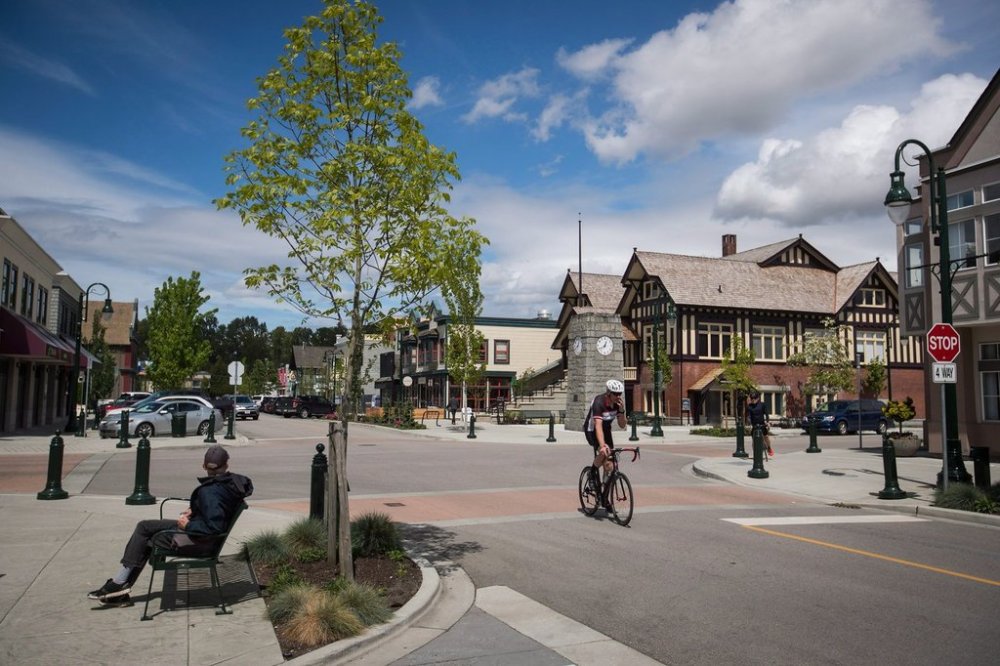Metro Vancouver reports 16% drop in per-capita greenhouse gas emissions
Advertisement
Read this article for free:
or
Already have an account? Log in here »
To continue reading, please subscribe:
Monthly Digital Subscription
$0 for the first 4 weeks*
- Enjoy unlimited reading on winnipegfreepress.com
- Read the E-Edition, our digital replica newspaper
- Access News Break, our award-winning app
- Play interactive puzzles
*No charge for 4 weeks then price increases to the regular rate of $19.00 plus GST every four weeks. Offer available to new and qualified returning subscribers only. Cancel any time.
Monthly Digital Subscription
$4.75/week*
- Enjoy unlimited reading on winnipegfreepress.com
- Read the E-Edition, our digital replica newspaper
- Access News Break, our award-winning app
- Play interactive puzzles
*Billed as $19 plus GST every four weeks. Cancel any time.
To continue reading, please subscribe:
Add Free Press access to your Brandon Sun subscription for only an additional
$1 for the first 4 weeks*
*Your next subscription payment will increase by $1.00 and you will be charged $16.99 plus GST for four weeks. After four weeks, your payment will increase to $23.99 plus GST every four weeks.
Read unlimited articles for free today:
or
Already have an account? Log in here »
BURNABY – Metro Vancouver says its latest climate-action report shows per-capita greenhouse gas emissions have declined 16 per cent since 2010.
A statement from the regional district says the progress report for its Climate 2050 plan shows average emissions were 5.8 tonnes per person in 2023, down from nearly seven tonnes in 2010.
The report says overall greenhouse emissions grew by seven per cent over the same period, while the population of the region jumped by 27 per cent.

The district says the drop in per-capita emissions stems from local government regulations along with efforts by businesses and residents.
The report says residents are increasingly using active forms of transportation, with cycling trips up 61 per cent and walking trips up 40 per cent since 2017.
The district also credits updated codes that led to a 20 per cent boost in energy efficiency for buildings constructed in 2023 compared with those built in 2018.
Metro Vancouver board chair Mike Hurley says in a statement that the figures are signs that “climate action is working.”
“Our 2030 targets have inspired action and progress in key sectors, as well as tangible community benefits that we will continue to build on,” Hurley says.
This report by The Canadian Press was first published Oct. 8, 2025.

